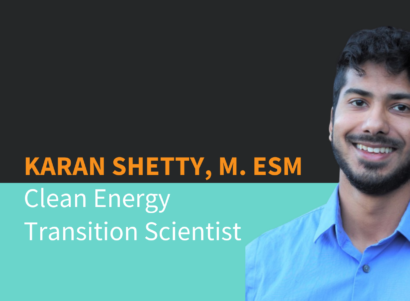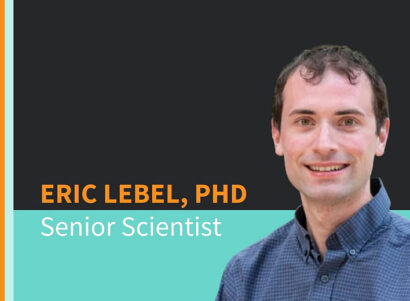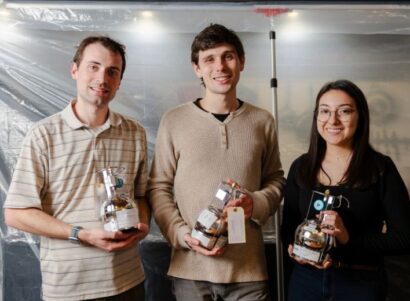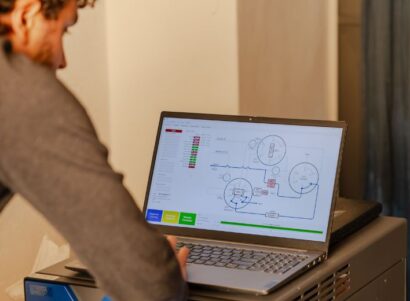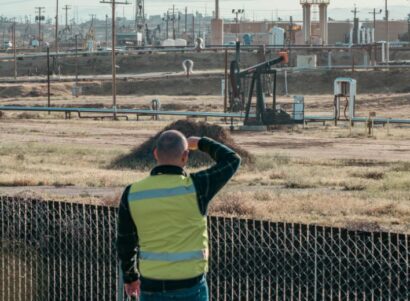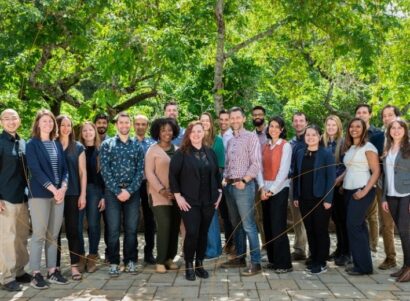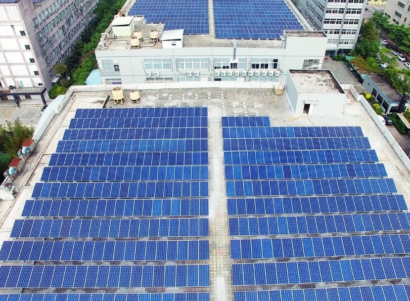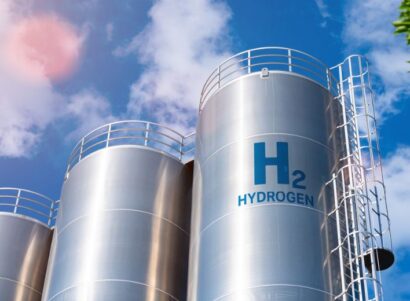PSE Healthy Energy’s Community Consulting Center has helped dozens of community-based organizations across the United States gain access to locally-relevant scientific research that informs and bolsters their work. From conducting field research to providing in-depth data analysis, PSE scientists can help community members better understand important issues facing their communities.
To provide a glimpse of what our community-focused research looks like in practice, we spoke to Andrea Young Jones, the Government Relations and Public Policy Director of Georgia WAND (Women’s Action for New Directions). Ms. Jones was working on statewide legislation surrounding the concentration of industrial pollution in coastal communities in Georgia, but she needed locally-relevant data on demographics, environmental burdens, exposure risk, and public health to effectively communicate about the issue. After speaking with a colleague, she reached out to PSE Healthy Energy.
In December 2023, PSE scientists published a research brief with clear and actionable analysis of publicly-available data on issues relevant to proposed statewide legislation. The report includes a cumulative impact assessment of facilities in two highly industrialized regions within Georgia, provides estimates of health burdens and economic impacts, as well as recommendations and suggested interventions.
The Role of Data in Building Relevance and Connection
For Jones, the value of having an independent scientific analysis wasn’t to produce new data. Instead, she hoped the analysis might reveal trends in existing data that would allow policymakers to understand how the issues affected their districts. PSE scientists examined data on industrial pollution and population risk factors across 16 counties in Georgia, including the concentration of facilities across communities and socioeconomic factors tied to population risk.
In some ways, says Jones, the findings weren’t surprising. “I think it helped conceptualize the issue for people. When I go to the doctor, I already know I’m not feeling good. I just don’t know what it is.” Having the data, says Jones, was similar to getting a clear medical diagnosis. The analysis also highlighted gaps in existing research, allowing Jones to identify where more research could be useful in the future.
Using Science to Increase Impact
While community members bring decades of lived experience to the table, Jones says that PSE provided the crucial bandwidth, expertise, and knowledge required to provide a more comprehensive view of the issue. “If I had tried to do that kind of research on my own, I’d probably still be doing it,” says Jones. “PSE was able to pull together the information in a timely manner and that was crucial.” With the data in hand, Jones has been able to have more productive conversations with stakeholders. “It was two-fold,” says Jones. “The data was used to inform legislators but also to empower the community.”
The report recommendations have helped Jones in drafting public policy recommendations. “There was an environmental justice bill introduced in 2024 and I was able to use the data in the report to help me draft a Senate Resolution, which was introduced in the Assembly.” Because of the data, Jones was able to make a clearer case. “I was able to say why a study on cumulative impact was needed, especially on economic development.” While that bill didn’t become law, Jones feels strongly that having independent scientific data allowed her to be more impactful. “Being able to show people in black and white that there is a clear history of repeat violations in environmental justice communities, that’s really what got people’s attention. That’s what allowed us to have a senate committee hearing on the topic and start really having the conversation about what it means to address this issue.”
Integrating Future Plans
Looking ahead, Jones sees a lot of opportunities for future collaborations with PSE’s scientists. “I would love to have an interactive map for our website,” says Jones. “In a presentation, I would love to be able to say ‘We’ve had a lot of repeat violators in this area, with no consequences levied by the state, go look it up on our website.’” For now, Jones plans to continue using the data from the report to communicate the economic impact of pollution in Georgia and to push for environmental harm reduction and mitigation policies in economic development initiatives and projects.


 Georgia WAND Issue Brief
Georgia WAND Issue Brief